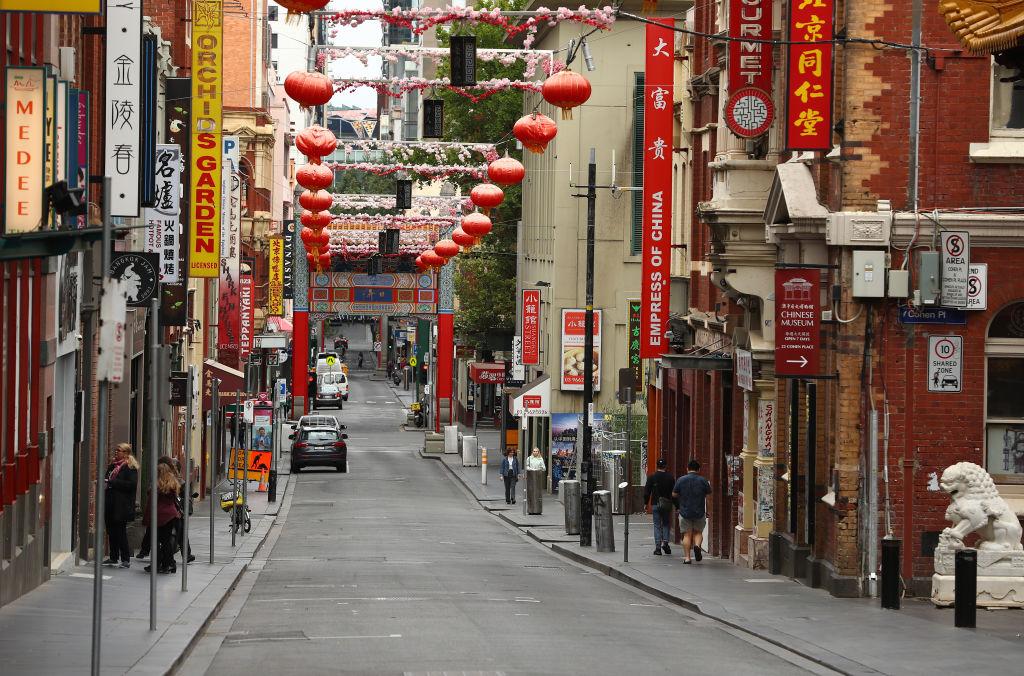Foreign interference is at an “unprecedented high” and is a significant factor disrupting Australia’s social unity, according to the Acting Minister for Immigration.
In a speech focused on social cohesion presented to the National Press Club on Aug. 28, Minister Alan Tudge said foreign actors were encouraging Australian residents and citizens to position “their loyalties elsewhere.”





